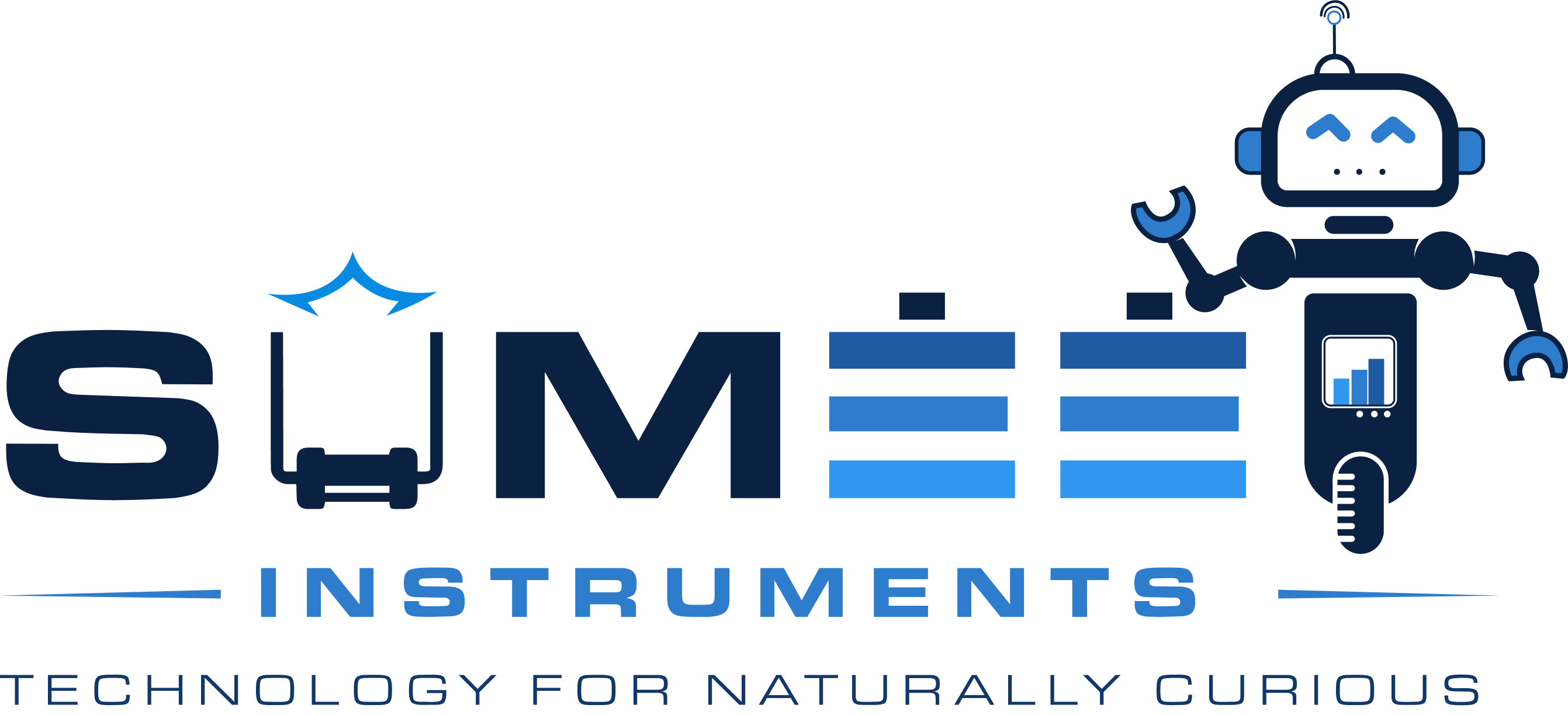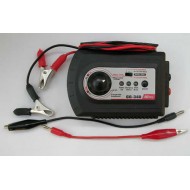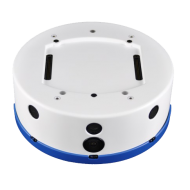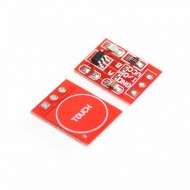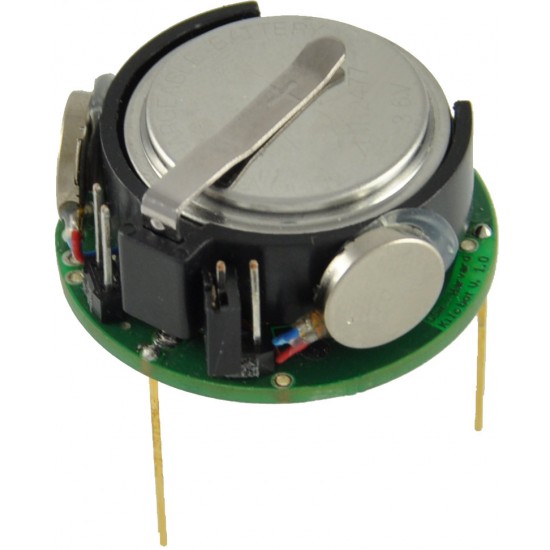
The Kilobot is designed to make tests of collective algorithms on hundreds or thousands of robots accessible to robotics researchers.
Though the Kilobots are low-cost, they maintain abilities similar to other collective robots. These abilities include differential drive locomotion, on-board computation power, neighbor-to-neighbor communication, neighbor-to-neighbor distance sensing, and ambient light sensing. Additionally they are designed to operate such that no robot requires any individual attention by a human operator. This makes controlling a group of Kilobots easy, whether there are 10 or 1000 in the group.
The Kilobot was developed by the prestigious Harvard University and it is now produced and distributed by K-Team.
Kilobot is a low-cost, easy-to-use robotic system for advancing development of “swarms” of robots that can be programmed to perform useful functions by coordinating interactions among many individuals. These swarms are inspired by social insects, such as ant colonies, that can efficiently search for and find food sources in large complex environments, collectively transport large objects, and coordinate the building of nests and bridges in such environments.
Following this inspiration from nature, robot swarms might one day tunnel through rubble to find survivors, monitor the environment and remove contaminants, assist dwindling bee populations in pollinating crops, and self-assemble to form support structures in collapsed buildings. The Kilobot is designed to provide scientists with a physical testbed for advancing the understanding of collective behavior and realizing its potential to deliver solutions for a wide range of challenges.
- Low cost
- Small, only 33mm of diameter
- Fine motor controlling (255 differents power levels)
- The Kilobot can communicate with neighbors up to 7 cm.
- Neighbor-to-neighbor distance sensing
- Ambient light sensing
- RGB led
- Rechargable and amovible battery
- Easy to manipulate, with the Kilobot controller you can program and control hundreds of Kilobot at one time.
Specifications
| Elements | Technical Information |
|---|---|
|
Processor |
ATmega 328 (8bit @ 8MHz) |
|
Memory |
32 KB Flash used for both user program and bootloader, 1KB EEPROM for storing calibration values and other non-volatile data and 2KB SRAM |
|
Battery |
Rechargeable Li-Ion 3.7V, for a 3 months autonomy in sleep mode. |
|
Charging |
Kilobot charger (optional) |
|
Communication |
Kilobots can communicate with neighbors up to 7 cm away by reflecting infrared (IR) light off the ground surface. |
|
Sensing |
When receiving a message, distance to the transmitting Kilobot can be determined using received signal strength. The brightness of the ambient light shining on a Kilobot can be detected. |
|
Movement |
Each Kilobot has 2 vibration motors, which are independently controllable, allowing for differential drive of the robot. Each motor can be set to 255 different power levels. |
|
Light |
Each Kilobot has a red/green/blue (RGB) LED pointed upward, and each color has 3 levels of brightness control. |
|
Dimensions |
The diameter is 33 mm and the height is 34mm (including the legs) |
|
Software |
The Kilobot Controller software is available for controlling the controller board, sending program files to the robots and controlling them. |
|
Programming |
For programming, the open source development software WinAVR combinated with AvrStudio from Amtel gives a C programming enviromnent. An API with basic functions such as motor speed, led control, distance measurement,... is available and some examples are provided. |
|
Debug |
A serial output header is available on each robot for debugging via computer terminal. |
| Simulator | V-REP, realistic 3D Simulator and robot programming (included for education), model for Kilobot is currently not available but can be created with the simulator |
Accesories
Kilobot Controller Board
The Kilobot controller board with the controller software can manage a large amount of robots at one time.
It can communicate with Kilobots below using infrared light allowing a user to:
- send a new program to all Kilobots at once.
- control the Kilobots such as pausing and powering on/off
This action can be done for every Kilobot in an one-meter diameter area below the controller.
The Kilobot controller can program an individual Kilobot using the built-in ISP programmer. It can also connect to an individual Kilobot's serial output header so it can be displayed on a windows computer.
Kilobot Charger
The Kilobot charger is a very usefull tool allowing you to charge up to 10 Kilobots at one time.
You just have to place each Kilobot between in contact of the charger.
- Stock: Price/Order on Request
- Model: Kilobot
- Weight: 3.00kg
